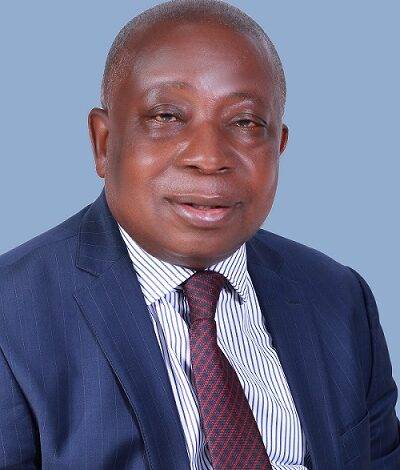
The government has been urged to rename the COVID-19 Levy as Emergency Levy and retained at one per cent to support public health emergencies including disasters.
According to a communique issued following the conclusion of a symposium on Ghana’s preparedness for emergencies, the emergency levy would be a strategic move towards the establishment of the public health emergency fund (PHEF) without the need for new legislation.
The symposium was organised by the University of Health and Allied Sciences (UHAS) in collaboration with Ghana Health Service, SEND Ghana and other development partners.
It was on the theme “Establishing a public health emergency fund (PHEF): The role of academia.”
According to the communique, the creation of the emergency levy would put Ghana in a position to address the lack of necessary investments in public health emergencies, as evidenced by insufficient budgetary allocations dedicated to future emergencies.
It said the one per cent COVID-19 levy instituted to mitigate the impact of the pandemic, which was expected to generate close to GH¢2.3 billion in 2023 alone, could serve as seed funding for the establishment of the public health emergency fund (PHEF).
The communique noted that the PHEF could be utilised for preparedness activities, including capacity building and training of frontline workers, laboratory detection and diagnostics, drug discovery, vaccine production, research and development including clinical trials.
Additionally, it said the fund would also support monitoring and surveillance efforts to enhance early detection and response to public health emergencies.
The communique further called for clear government budget lines to serve as matched funding to help grow the PHEF and enable bilateral support and additional funding support from philanthropic individuals and other benevolent organisations.
To ensure the effectiveness of the PHEF, it said it should be established as an independent entity, free from government interference, to ensure unbiased decision-making and effective utilisation of funds.
The communique said the governance structure of the PHEF should prioritise transparency and accountability at all levels and provide clear mechanisms for financial reporting, audit, and evaluation to maintain public trust and ensure effective utilisation of resources.
Recognising that epidemics and emergencies often start within communities, the communique noted that PHEF should have well-defined structures and pathways that extend with linkages from the national level to the regional, district, and sub-district levels to enable efficient coordination and response across all levels of the healthcare system.
It reiterated the need for a transparent and effective governance framework that would instill confidence and attract multilateral, bilateral and benevolent partners to contribute to the growth of the PHEF.
The communique also advised that post-epidemic activities should focus on continuous monitoring and surveillance to assess the impact of public health emergencies, identify areas for improvement, and maintain a state of readiness for future outbreaks or emergencies.
BY TIMES REPORTER







